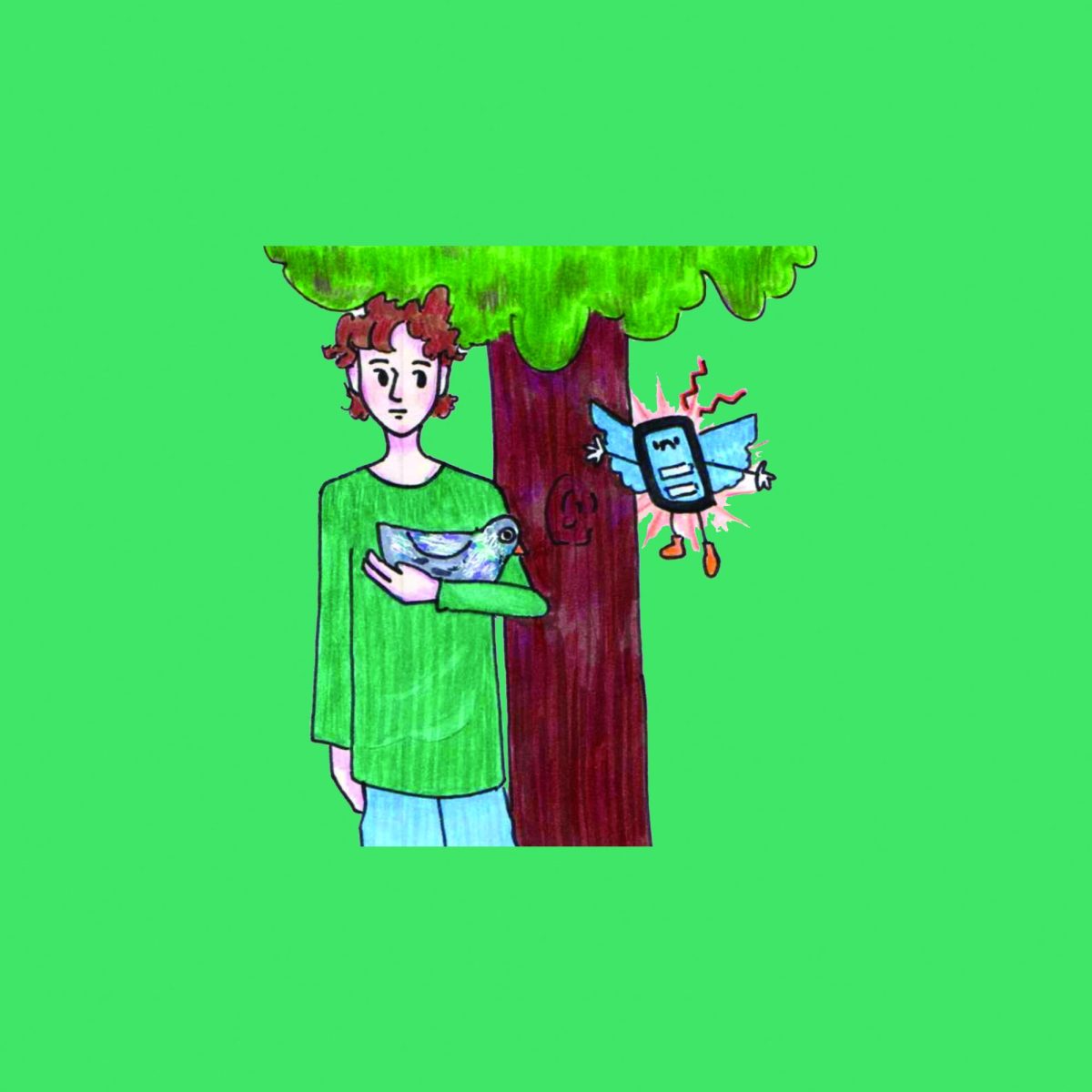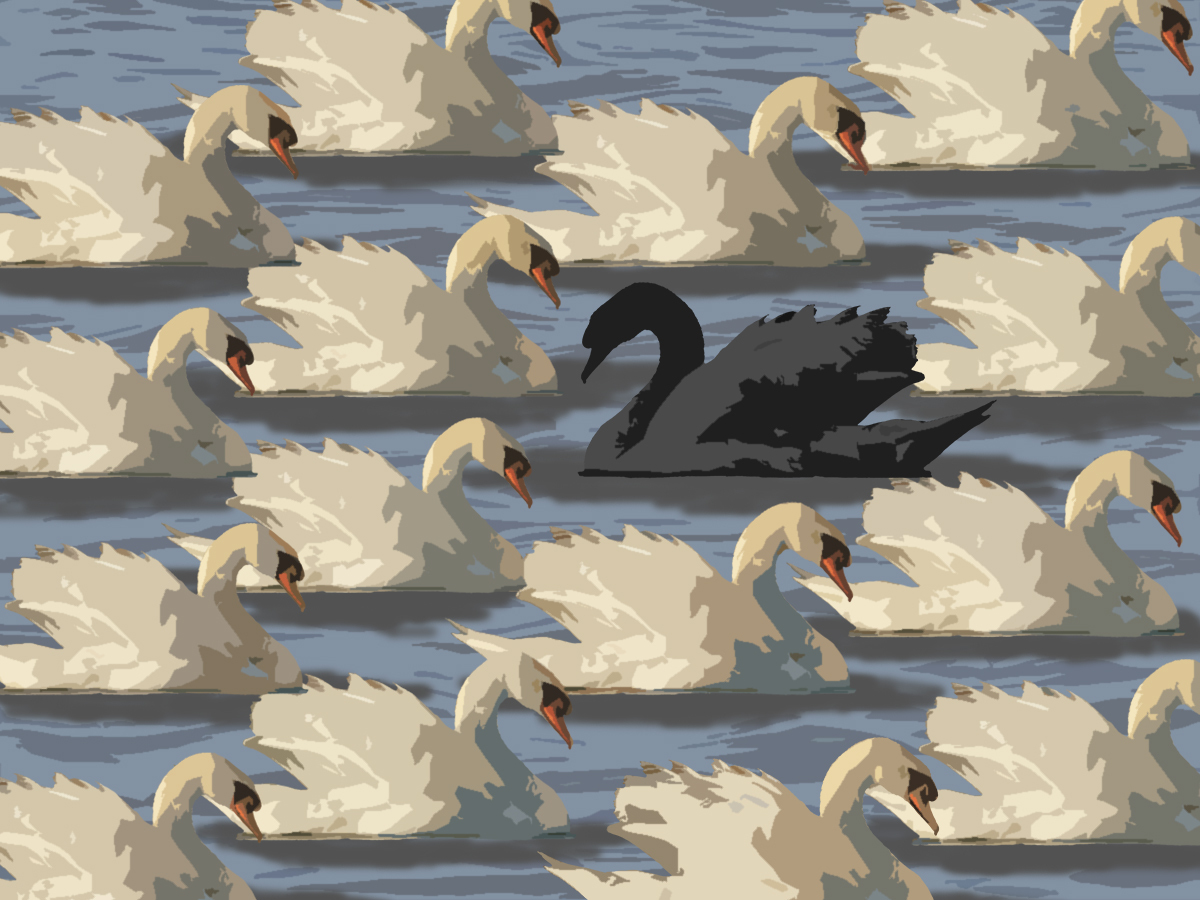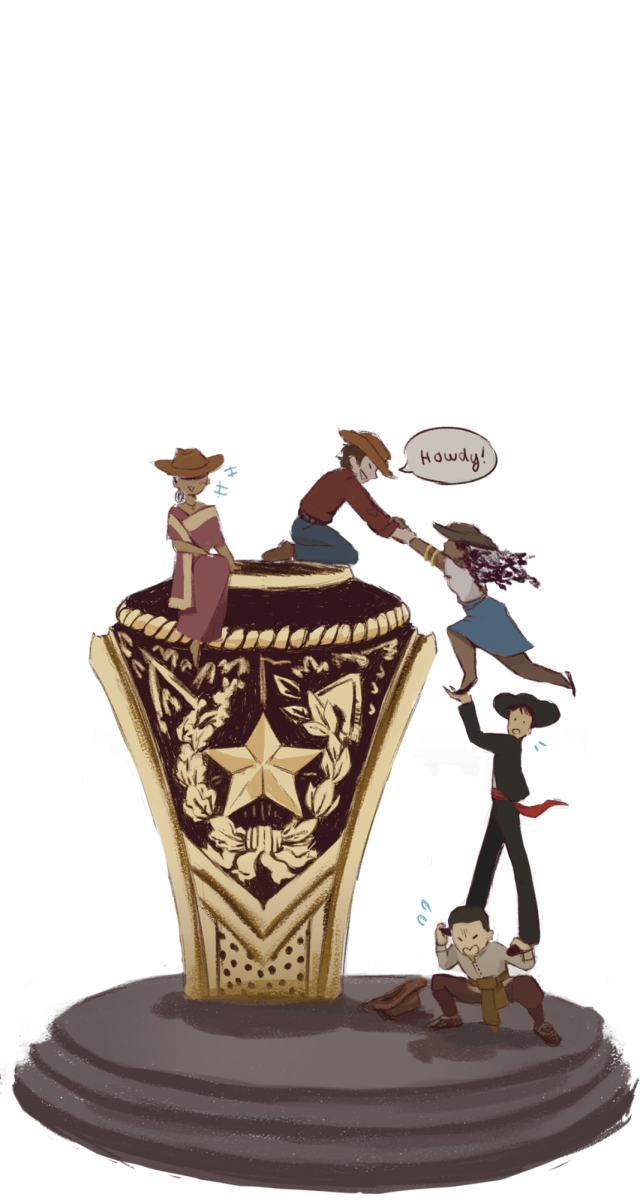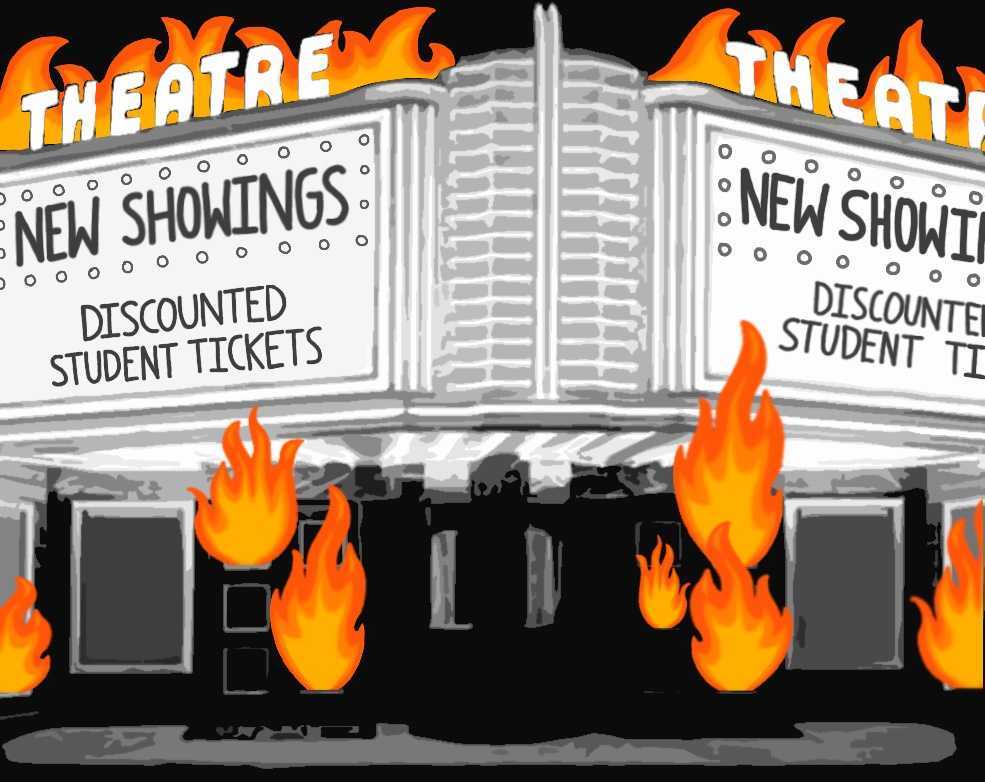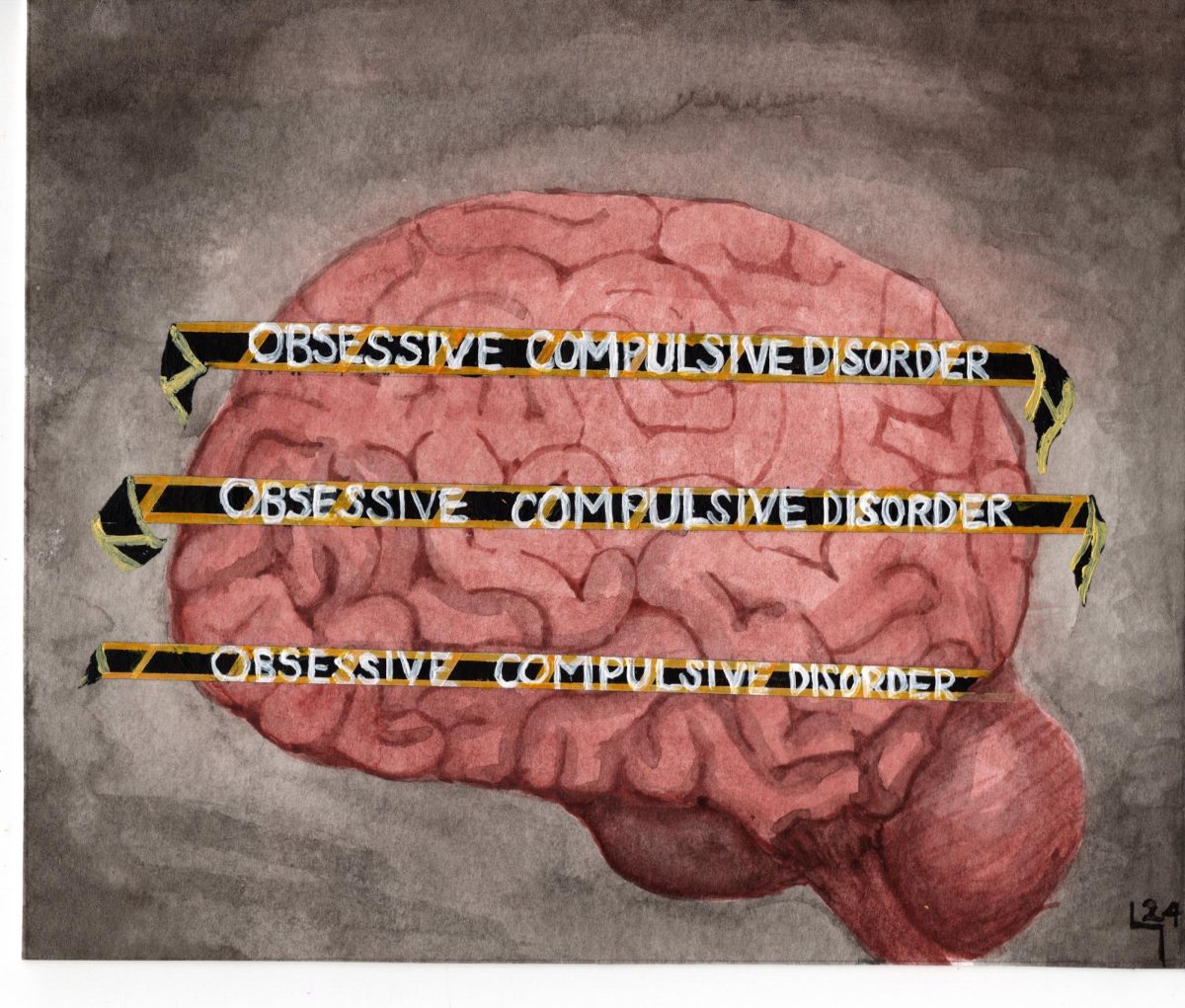As election season has continued to unravel, there’s been an alarming trend. It’s getting harder to ignore and it has me honestly scared about the upcoming election. It seems every social corner of the Internet — from Facebook to Twitter to Reddit — is stuffed with political memes.
Surprisingly, some still raise their eyebrows at the term “meme.” Originally coined by evolutionary biologist Richard Dawkins in 1976, the term “meme” (“meem”) refers to any idea, behavior or style that propagates through a culture’s people. Memes are the cultural analog to biological genes, meaning they act in a similar fashion — replicating, mutating and responding to outside pressures. The term took on a new meaning, however, when Internet culture arrived, something Dawkins himself responded to with a clarification: Internet memes are set apart in that they are intentionally altered by human creativity.
In the right space and given the proper context, memes are harmless. They’re trivial bits of humor designed for nothing more than a laugh, and the best memes become universal in-jokes as unifying as any other piece of cultural media. They engender a sense of companionship with those who have shared the joke, and given the user-generated nature of the Internet, just about anyone can throw their hat into the ring. It’s incredibly simple to take a template and alter it; most computers come preloaded with imaging software anyway.
But with that ease of alteration comes an unsettling conclusion — the truth is malleable. It’s the same reason professors bar the use of Wikipedia as a legitimate source. In a space where everyone can impose their impression, what is trustworthy? Anybody with an agenda and an idea now has a microphone capable of reaching millions of listeners who — let’s be honest — have an abusive relationship with information. And it only gets worse when we move to the political sphere.
I can’t tell you how many political memes I’ve seen this past year. Between Jeb’s sad “please clap,” Hillary’s “yaaaaas” takeover and the infinite racist quotes misattributed to Trump, just about every candidate has been run through the Internet’s wringer, and as election season unravels, it’s only going to become more prevalent.
I suppose this is part of the democratic process, but I cannot overstate the corrosivity of this trend. It boils down the depth of politics to something resembling a cockfight, a pecking match played with generalizations and misunderstandings. It massively under-represents candidates’ values and minimizes the importance of our political system, which leaves everyone the victim.
Aristotle once feared that a system of writing would diminish the power of the brain, a sentiment echoed by Ray Bradbury when he wrote “Fahrenheit 451” and declared technological advancement to be the death of humanity. That same fear grips me now. And maybe my worries are nothing more than a fear of change, but the presidency is too powerful a position to be decided by memes.
So do your homework before you cast your vote. Don’t let misinformation cloud your judgement. Democracy means thinking critically for yourself and acting accordingly. It’s a responsibility we’re lucky to have.
Memes have taken over the 2016 election
March 10, 2016
0
Donate to The Battalion
Your donation will support the student journalists of Texas A&M University - College Station. Your contribution will allow us to purchase equipment and cover our annual website hosting costs.




